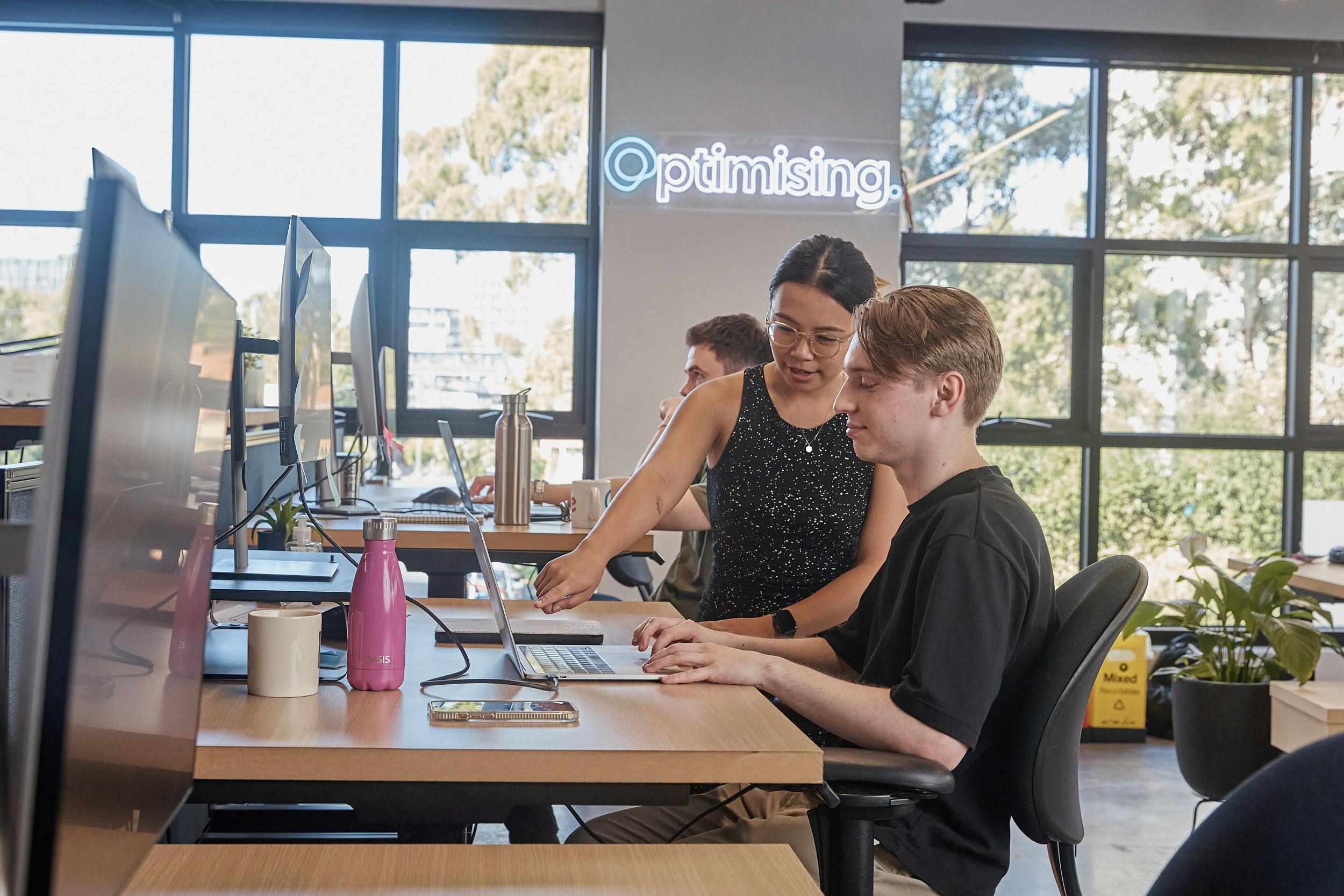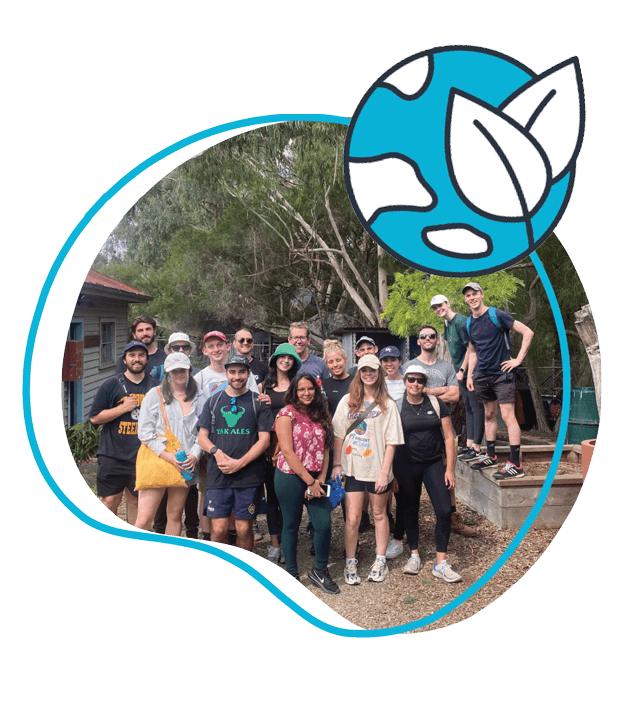Site re-designs affects more than just SEO

James Richardson
Co-Founder & Partnerships
Posted: 25 Mar 2020


Co-Founder & Partnerships
Posted: 25 Mar 2020
Just a heads up, this post is aimed more at the slightly technical PPC users out there! It's a good read though for any budding PPCer :)
It's commonly thought that SEO is something that needs to be considered from the get-go with a new website or even a website re-design, from keyword research to developing an effective user experience, it all needs to be considered. The thing is, this is absolutely right, but it's most certainly not the only thing one should be considering – Your PPC campaign can definitely be affected as well, yet is rarely thought of.
In any PPC campaign there are some common areas that are hurdles that need to be overcome for a truly effective campaign, and some of these are best addressed when building a new site.
These areas to keep in mind are:
Effective URL structure Unique URL 'Thank-You' pages Effective page titles and headings While these seem like small issues, they can definitely affect conversions and thus are differentiators between a campaign performs well and a campaign that performs great!
Make sure to have an effective URL structure
So it's clearly obvious that an ineffective URL structure impacts your SEO like a red hot poker would affect your bum, and a poor structure can also affect your PPC remarketing. "Why?" you're thinking – It has to do with the remarketing code, let's explore below:
Ok, so the Google remarketing code (along with some other remarketing code implementations) is placed on every page of your site, either as specific remarketing code or appended to your Analytics tracking. The latter which is possible through Google Analytics is a lot more convenient, and if your URL structure follows a cascading format, it means that lists can be made by URL instead of placing specific code on individual pages. For example, here is an example set of URL for a ficticious website randomclothingstore.com.au:
Category page: www.randomclothingstore.com.au/footwear Example page 1: www.randomclothingstore.com.au/footwear/airjordan Example page 2: www.randomclothingstore.com.au/footwear/nikeairforce1 Example page 3: www.randomclothingstore.com.au/footwear/lacoste_misano
If we wanted to target a remarketing audience that viewed "footwear", then we would create a list that includes all visitors to pages with URLs that contain "footwear". As you can see in the examples above, since "footwear" appears in all of the URLs (including the category page itself), any visitors to these pages would be included in the audience.
Now if you had a non-cascading URL structure (and let's just throw in poor product naming to make it interesting), it could look like the following:
Category page: www.randomclothingstore.com.au/footwear Example page 1: www.randomclothingstore.com.au/sneaker32b Example page 2: www.randomclothingstore.com.au/sneakairjordan7s Example page 3: www.randomclothingstore.com.au/nike_txy8
This would be pretty impossible to see any of the visitors we managed to target before focussing on those who viewed any URL that included "footwear", but it would also make is impossible to create a clean list at all. What's worse, is that with the more pages you have, the more possibility that there is to miss visitors to certain pages – It isn't nicely scalable. There are other solutions though like manually tagging pages, but this takes a lot of time and isn't scalable either.
Make sure 'Thank-You' page URLs are unique
Tied in with URL structure, the most ideal form for your thank-you pages should look like this:
Newsletter page: www.randomclothingstore.com.au/newsletter Thank-you page: www.randomclothingstore.com.au/newsletter-thank-you
The point of thank-you pages is to be courteous to your visitors, but also the conversion code on the page triggers when a goal has been met, such a newsletter signup or ebook download. A thank-you page should require manual navigation away from and also have a unique URL. There are plenty of examples of bad thank-you implementations: sometimes the thank-you will be part of the form code and so a new page is never loaded, or the thank-you message is shown in a pop-up which itself doesn't have a unique URL, or the page resolves back to itself meaning that a message is shown but no other URL is triggered.
There are of course ways to get around poor thank-you implementations, such as virtual page views, counters or some other rule that gets met if a form is filled or a link is clicked – These are however clunky and usually hacked-together solutions.
Make sure to have effective page titles and headings
Having effective page titles is most relevant to ecommerce sites because it specifically impacts Dynamic Search Ads. While the the body of the ad is predetermined by you, the headline and domain displayed in the ad is dynamic based on page title, page heading and copy from the page. Because page titles are the most logical preference for Google to dynamically insert (closely follows with page headings), it is obvious as to why they should be carefully created and targeted with the inclusion of the most relevant keywords in the title and heading on each individual page.
Well written page titles and headings is something you should strive for as a general rule, however even though this part is the shortest of this post, it is the punchiest in terms of requirement and reach of affecting a PPC campaign that uses DSAs. Overall these three things might seem small and can be ignored (with a sub-optimal result being gained of course) in the short run, however keeping them in mind at the right time, such as a site re-design or site creation is the best time to act on them and get them working in your favour.

Co-Founder & Partnerships
Working in the SEO industry for many years alongside some of Australia’s biggest brands, James started his online career running online Sports Fan sites, as well as cutting his teeth on several successful eCommerce brands and content sites.
Previously holding various senior roles across the Sales and Marketing teams for ASX listed companies, he went on to found Optimising with Daniel and is proud he has helped mould it into one of Australia's leading SEO agencies.
When he’s not in the office he’s at home having pretend tea parties, or building a cubby house in the lounge room with his three young girls.

Our values and beliefs have always set the tone and approach to our business. It's not just enough to grow as a company and produce profits, we have a global responsibility to make our economy more inclusive and sustainable. As both a B Corp and a member of 1% for the planet, we have further cemented this purpose within our organisation.
However, our work isn't done quite yet. For Optimising, this is simple the start of our journey towards building a better business and world!
Chat with us today and we’ll get you the results you deserve.
We acknowledge the Wurundjeri Woi Wurrung people as the Traditional Owners of the land now known as Richmond. We pay our respects to Elders from all nations - and to their Elders past, present and future.
Optimising is committed to cultivating and preserving a culture of inclusion and connectedness. We are able to grow and learn better together with a diverse team of employees.